
OR
Editorial
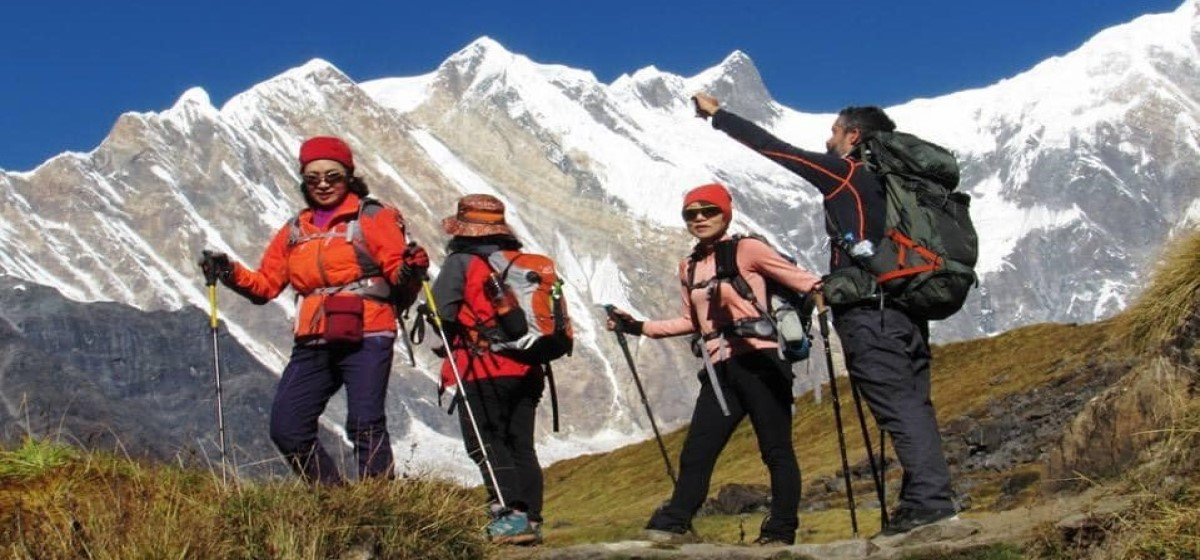
Despite the recent growth seen in the number of arrivals of tourists, it is important to acknowledge the challenges that remain for Nepal's tourism industry. The COVID-19 pandemic is still ongoing, and there is always the risk of new outbreaks and restrictions. Additionally, Nepal's poor record of aviation safety has been a concern for potential tourists.
Nepal's tourism industry has been showing promising signs of recovery with the recent strong rebound of foreign tourists entering the country. The Nepal Tourism Board (NTB) has released data showing that almost 100,000 international tourists visited Nepal in March, indicating a 78% recovery compared to the same month in 2019. This is a positive sign for Nepal's tourism industry and indicates a significant recovery from the impact of the COVID-19 pandemic. According to the data, India emerged as the top source country for tourists visiting Nepal in March, with the United States and the United Kingdom securing second and third positions, respectively. The trend of increased arrivals of foreign visitors is expected to continue throughout the months of April and May, which is a suitable time for trekking and expedition activities. This certainly is a positive development for the ailing economy of the country.
Despite the recent growth seen in the number of arrivals of tourists, it is important to acknowledge the challenges that remain for Nepal's tourism industry. The COVID-19 pandemic is still ongoing, and there is always the risk of new outbreaks and restrictions. Additionally, Nepal's poor record of aviation safety has been a concern for potential tourists. Moreover, there are several other factors that can impact tourism, such as natural disasters, political instability, and economic downturns. To ensure the long-term sustainability of the industry, Nepal must work to address these challenges and build resilience against future shocks. One way to do this is to diversify Nepal's tourism products beyond its stunning mountain scenery. The country has many other attractions, including its rich cultural heritage, national parks and wildlife reserves, adventure sports, and spiritual and wellness tourism offerings. Medical tourism can be another prospect. By promoting these lesser-known attractions, Nepal can broaden its appeal and attract a wider range of tourists. Moreover, promoting religious tourism could be a huge prospect for Nepal as it is an important destination for both Hindu and Buddhist pilgrims living across the continents. The construction of the Gautam Buddha International Airport in Bhairahawa, next to Lumbini, the birthplace of Lord Buddha, is a step towards realizing this prospect. It is equally important for the government to work towards bringing in Chinese tourists to Nepal. Starting direct flights between the newly-built Pokhara Regional International Airport and the nearest Chinese city would certainly help in this regard.
However, as we work to realize the immense potential of tourism, our key priority should be to ensure that visitors have a safe and enjoyable experience while in Nepal. This means investing in infrastructure such as airports, roads, and hotels, as well as in training for tourism professionals. This could also help promote quality tourism. The recent increase in foreign tourist arrivals to Nepal is a positive sign for the country's tourism industry. It is also a testament to the resilience of Nepal's tourism professionals and the appeal of the country's natural and cultural attractions. While there are still challenges to be faced, Nepal has shown that it has the potential to bounce back from adversity and regain its position as a leading destination for international visitors. The government, the tourism industry, and other stakeholders must work together to support this recovery and ensure a sustainable future for Nepal's tourism sector. It is imperative that Nepal diversifies its tourism offerings, invests in infrastructure, and provides a safe and enjoyable experience for visitors. If we can achieve this, Nepal's tourism industry will not only survive but also thrive, providing economic benefits to the country and its people.
You May Like This

Nepal's economy to grow by 3.6 percent in 2024: ADB
KATHMANDU, April 11: The Asian Development Bank (ADB) has projected that Nepal’s economy is to grow by 3.6 percent (at... Read More...
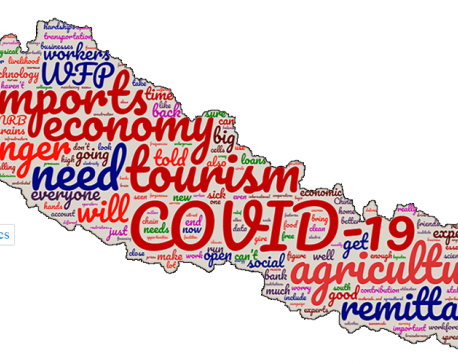
Nepal is on sick leave, but what next?
Hi everyone, my name is Nepal. COVID-19 has forced me to take sick days. I am on my 35th sick... Read More...
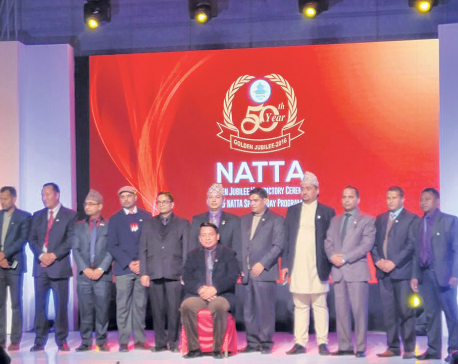
Mayors of three tourism destinations unveil plan for tourism development
KATHMANDU, Dec 14: Mayors of three major tourist destinations of the country have unveiled their plans and strategies for development promotion... Read More...


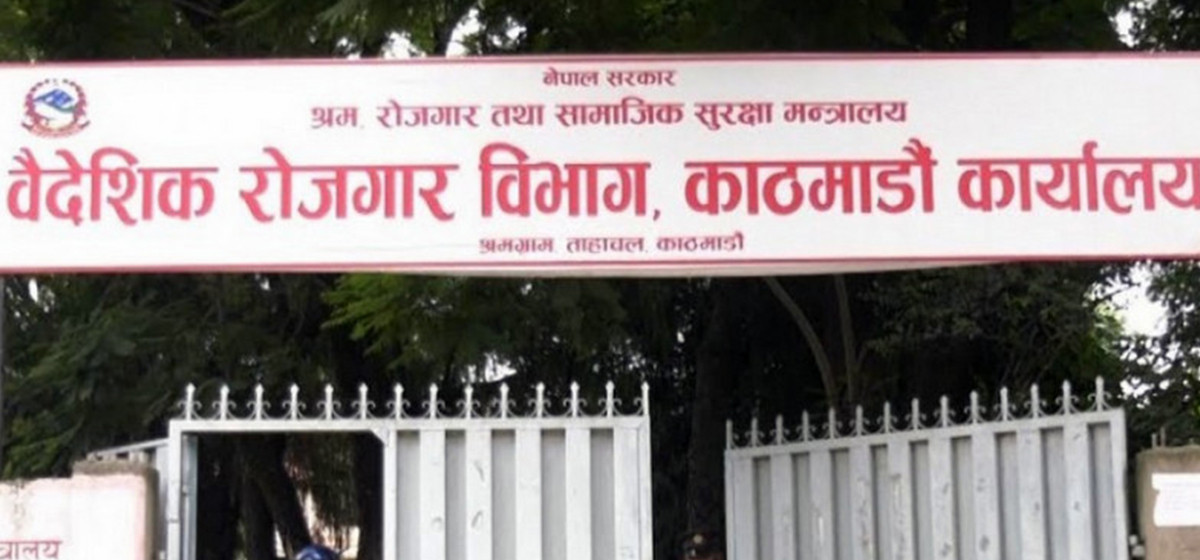
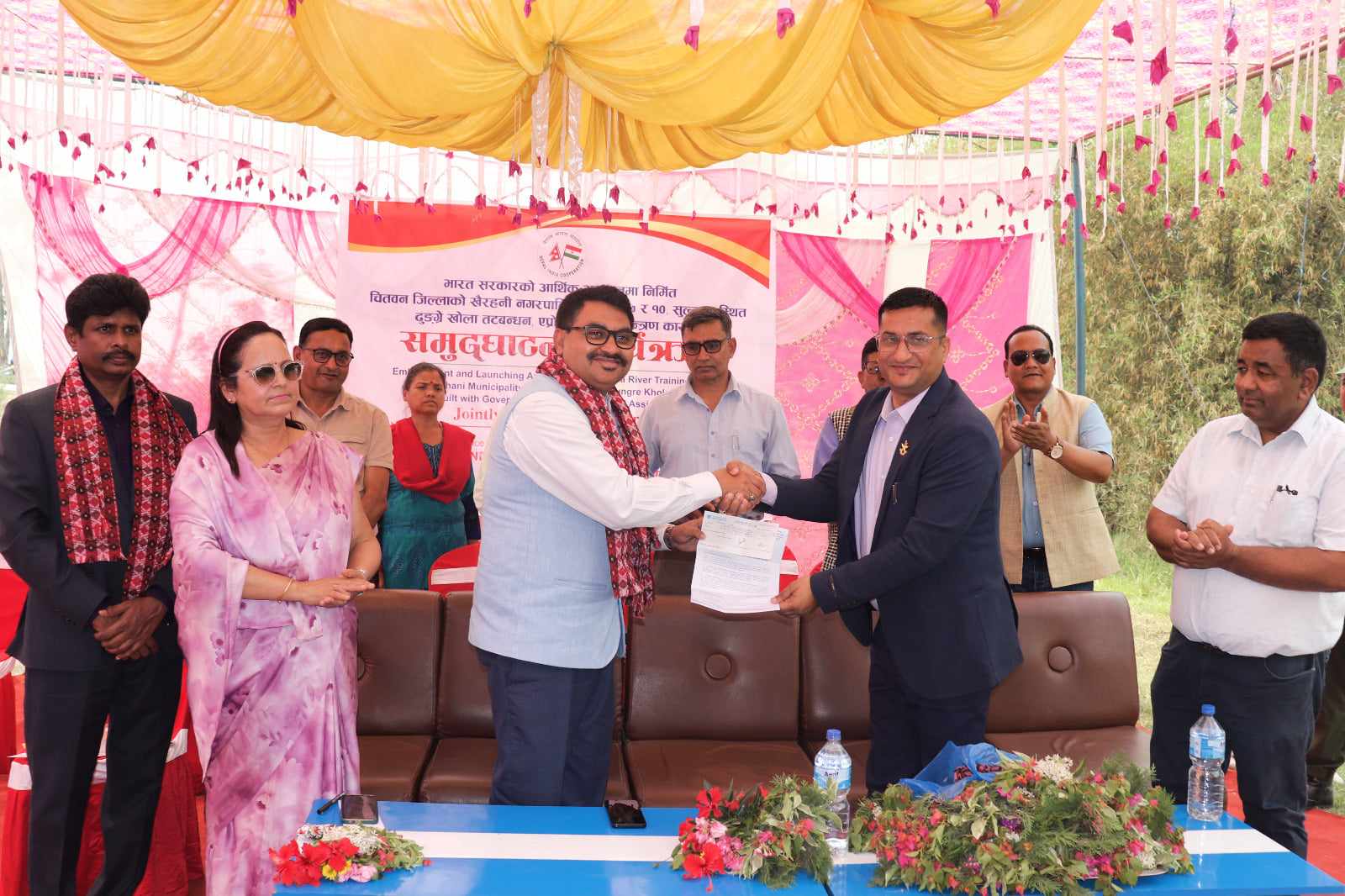
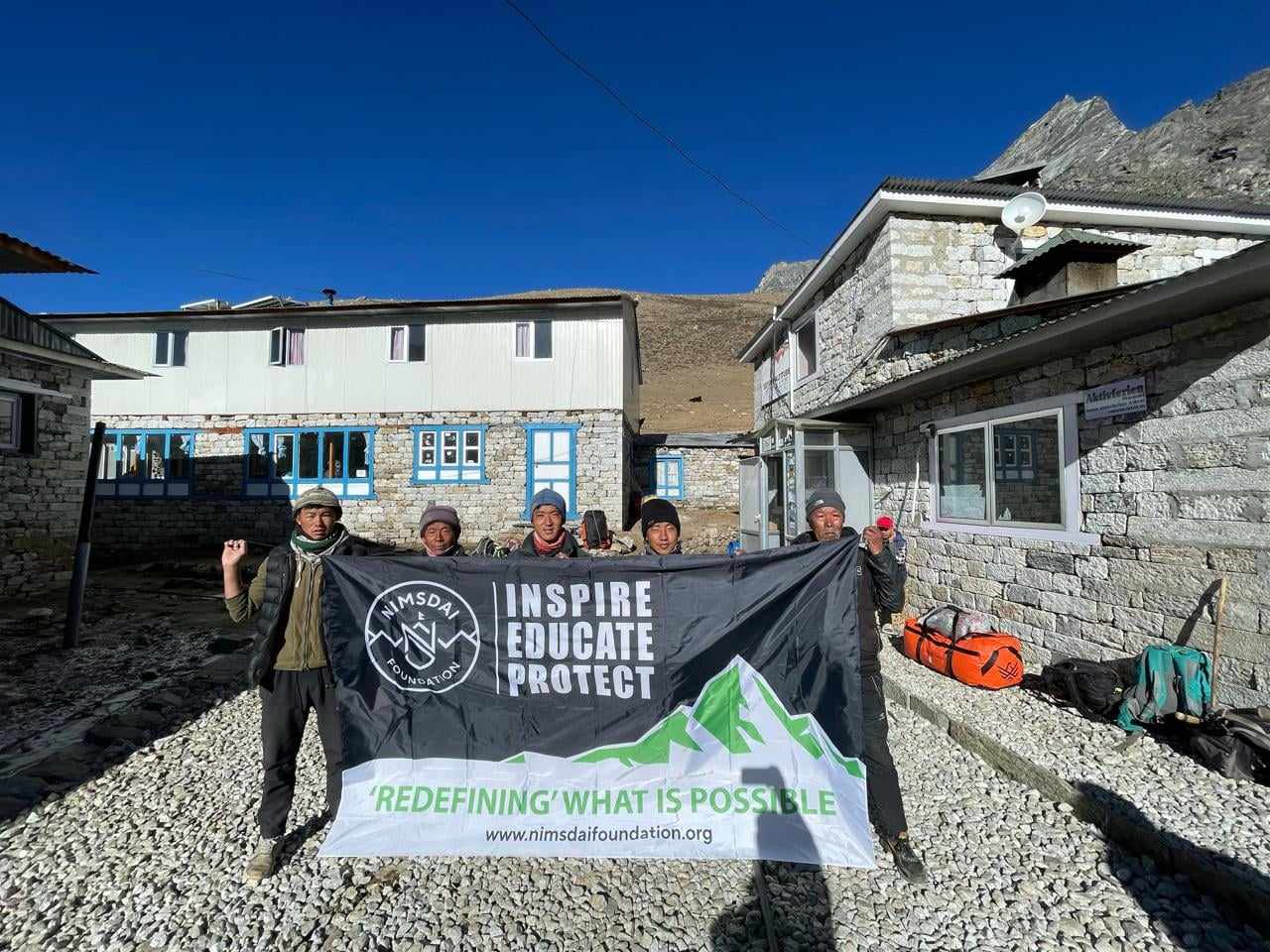
Just In
- DoFE requests relevant parties to provide essential facilities to foreign workers traveling abroad
- Foundation stone laid for building a school in Darchula with Indian financial assistance
- 151 projects to be showcased for FDI in Third Investment Summit
- Police disclose identity of seven individuals arrested with almost 2 kg gold and more than Rs 10 million in cash
- NIMSDAI Foundation collaborates with local govt for Lobuche Porter’s Accommodation Project
- Home Ministry directs recalling security personnel deployed for personal security against existing laws
- Fake Bhutanese refugee case: SC orders continued pre-trial detention for seven individuals including former DPM Rayamajhi
- ADB Vice-President Yang pays courtesy call on PM Dahal













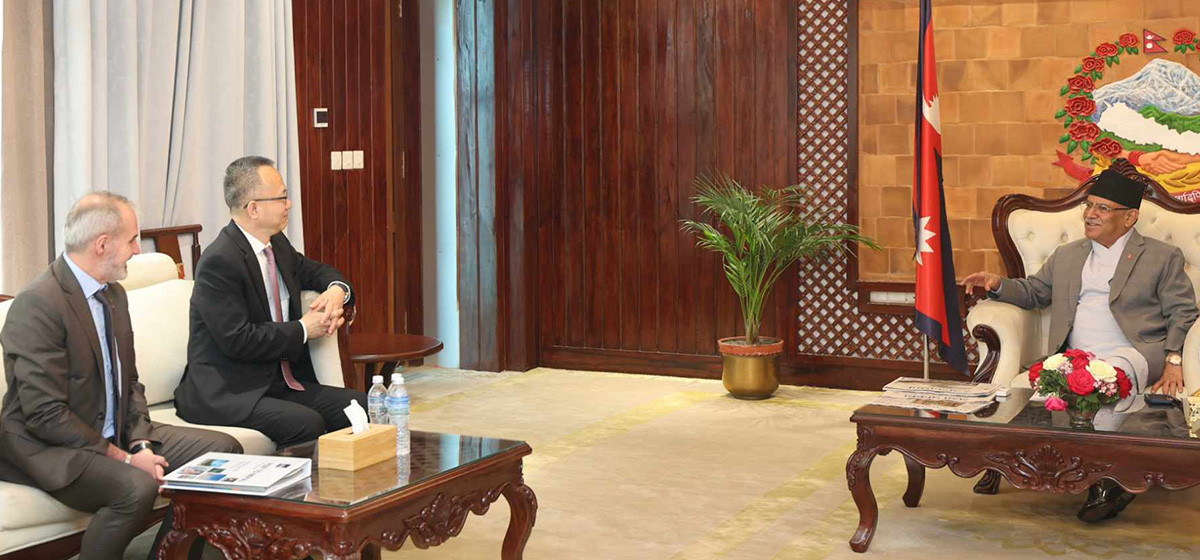
Leave A Comment